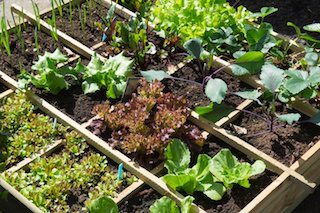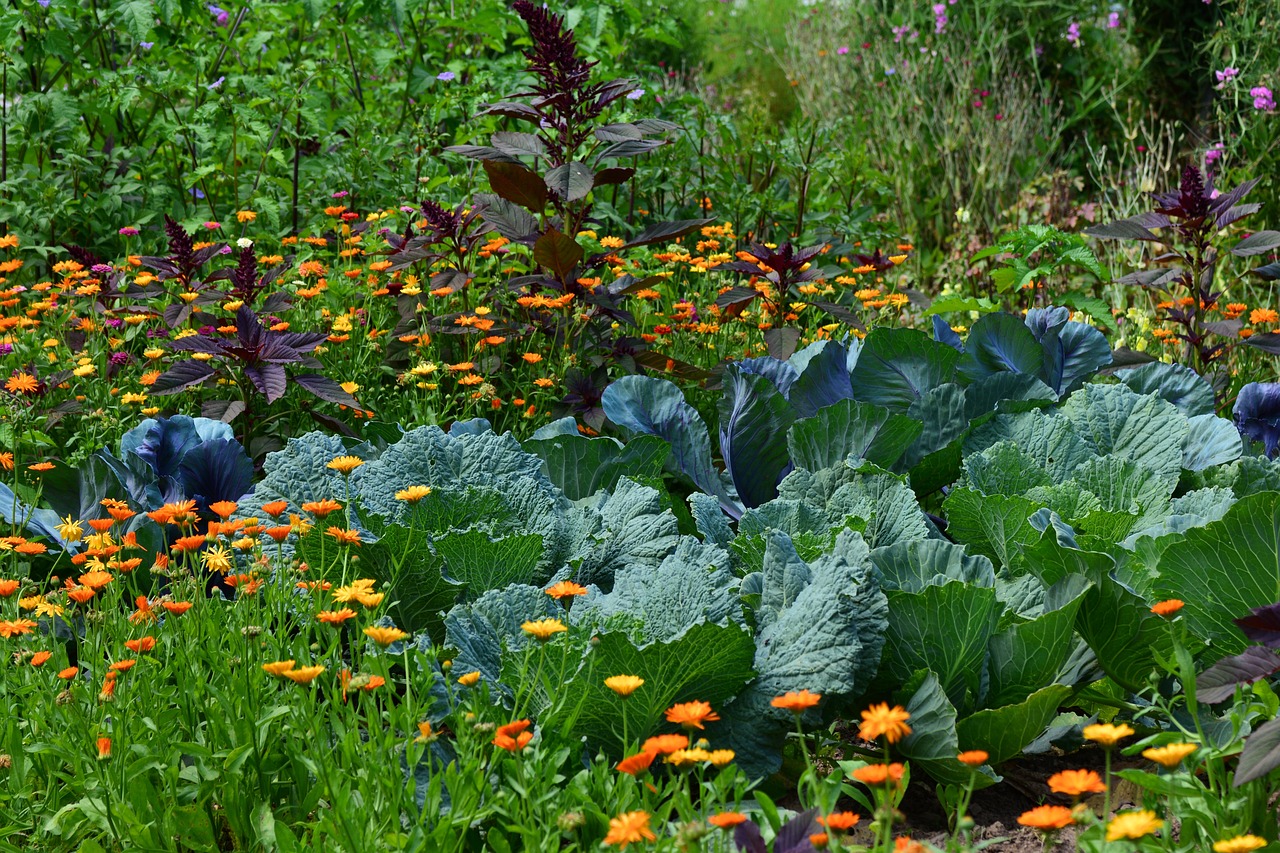As an Amazon Associate, I earn from qualifying purchases.
To kill weeds in vegetable gardens, use natural methods like mulching or hand-pulling. Avoid chemical herbicides to protect your plants.
Weeds compete with your vegetables for nutrients, water, and sunlight, hindering their growth. Effective weed control is essential for a healthy and productive vegetable garden. Mulching with organic materials like straw or wood chips can suppress weed growth while enriching the soil.
Hand-pulling weeds ensures they don’t spread and take over your garden. Consistent weeding and maintenance prevent weeds from establishing a foothold. Using natural weed control methods keeps your garden chemical-free, promoting a healthier environment for both plants and gardeners. Effective weed management leads to a more bountiful harvest and a thriving vegetable garden.

Credit: wekillweeds.com
Weed Control
Weeds steal nutrients from your plants. They make your garden look messy. Weeds can bring pests and diseases. Keeping weeds out helps your vegetables grow strong. Weed control saves you time and effort. It keeps your garden healthy and productive.
Dandelions are common in gardens. Crabgrass spreads quickly and chokes plants. Bindweed wraps around your vegetables. Pigweed grows tall and blocks sunlight. Thistle has sharp spines and spreads seeds easily. Chickweed forms a thick mat on the soil. Removing these weeds helps your garden thrive.
Preparing The Soil
Soil testing helps know the soil’s health. A test kit can be bought from a store. Follow the instructions on the kit. Check for pH levels, nutrients, and minerals. Healthy soil grows strong vegetables. Poor soil needs improvement. Testing helps plan the right amendments. Test soil every year before planting. This keeps the garden productive.
Add compost to enrich the soil. Compost improves soil structure and adds nutrients. Mix it well into the soil. Use organic matter like leaves or straw. This helps retain moisture and controls weeds. Fertilizers can also be added. Choose natural fertilizers for a healthy garden. Always follow the recommended amounts. Too much can harm plants.
Mulching Techniques
Using organic mulches can help keep weeds away. Straw, grass clippings, and wood chips are good choices. They also improve soil health. These mulches break down over time. This adds nutrients to the soil. Organic mulches also keep the soil moist. This helps plants grow better. Make sure to spread them evenly.
Inorganic mulches are another option. These do not break down. Examples include plastic sheeting and gravel. They are very effective at blocking weeds. Inorganic mulches also last a long time. They are good for long-term weed control. Be sure to place them properly. This will ensure best results.

Credit: www.totallytomato.com
Hand Weeding
Hand weeding effectively kills weeds in vegetable gardens. This method ensures precise removal without harming crops. Keep your garden healthy and weed-free naturally.
Tools For Hand Weeding
Hand weeding is very effective. The right tools make the job easier. Use a hand trowel to dig out weeds. A weeding fork helps remove deep roots. Gloves protect your hands from thorns and dirt. Kneeling pads can save your knees from pain. Buckets are useful to collect weeds. Always have these tools ready.
Effective Techniques
Weeds are easier to pull when the soil is moist. Pull them out by the roots to prevent regrowth. Weed the garden regularly to keep them under control. Always remove weeds before they flower. This stops them from spreading seeds. Dispose of weeds properly to avoid spreading. Make it a habit to weed a little every day.
Natural Weed Killers
Vinegar is a natural weed killer. Mix one part vinegar with one part water. Pour the mixture into a spray bottle. Spray the solution directly onto the weeds. Be careful not to spray it on your vegetables. The vinegar dries out the weeds and kills them.
Boiling water is another effective way to kill weeds. Boil a pot of water on your stove. Carefully pour the boiling water on the weeds. The hot water destroys the weed cells. Be sure to avoid your vegetable plants. Boiling water is a simple and safe method.
Preventative Measures
Effective mulching and regular hoeing can prevent weeds in vegetable gardens. Crop rotation and dense planting also minimize weed growth.
Crop Rotation
Its helps control weeds. By changing the crop each season, weeds have a hard time establishing. Different crops use different nutrients. This prevents soil depletion. Healthy soil means fewer weeds.
Cover Crops
Cover crops are plants grown to cover the soil. They help reduce weeds by blocking sunlight. Weeds need sunlight to grow. Cover crops like clover or rye are good choices. They enrich the soil too.
Using Herbicides
Selective herbicides target only specific weeds. They will not harm your vegetables. These herbicides are safe to use in vegetable gardens. Read the label carefully. Follow all instructions for safe use.
Non-selective herbicides kill all plants they touch. Use them with extreme caution. They can harm your vegetables. It is best to use these herbicides on paths or driveways. Avoid spraying near your vegetable plants.

Credit: drearth.com
Maintaining A Weed-free Garden
Check your garden every week. Pull out weeds as soon as you see them. Use a hoe to remove small weeds. Keep the soil moist but not too wet. Wet soil makes it easier to pull weeds. Make sure to check under leaves for hidden weeds. Weeds grow fast, so don’t wait too long.
Clean your garden at the start of each season. Remove any dead plants and leaves. This helps stop weeds from growing. Add a layer of mulch to keep weeds away. Mulch also keeps the soil cool and moist. Use organic mulch for the best results. Regular cleanups keep your garden healthy.
Frequently Asked Questions
How Do I Kill Weeds In My Vegetable Garden?
Use mulch, hand-pulling, and natural herbicides. Mulch blocks sunlight, preventing weed growth. Hand-pulling removes weeds by the roots. Natural herbicides like vinegar are effective.
What Is The Best Mulch For Weed Control?
Organic mulches like straw, grass clippings, or wood chips work best. They block sunlight and decompose, enriching the soil.
Can Vinegar Kill Weeds In Vegetable Gardens?
Yes, vinegar can kill weeds effectively. Use it on young weeds, and avoid contact with your vegetables to prevent damage.
How Often Should I Weed My Vegetable Garden?
Weed your garden weekly for best results. Regular weeding prevents weeds from seeding and spreading, keeping your garden healthy.
Conclusion
Maintaining a weed-free vegetable garden ensures healthy plant growth and bountiful harvests. Utilize organic methods for sustainable gardening. Regular weeding, mulching, and proper spacing are key to success. Stay vigilant and proactive in your efforts. Happy gardening and enjoy the fruits of your labor!

